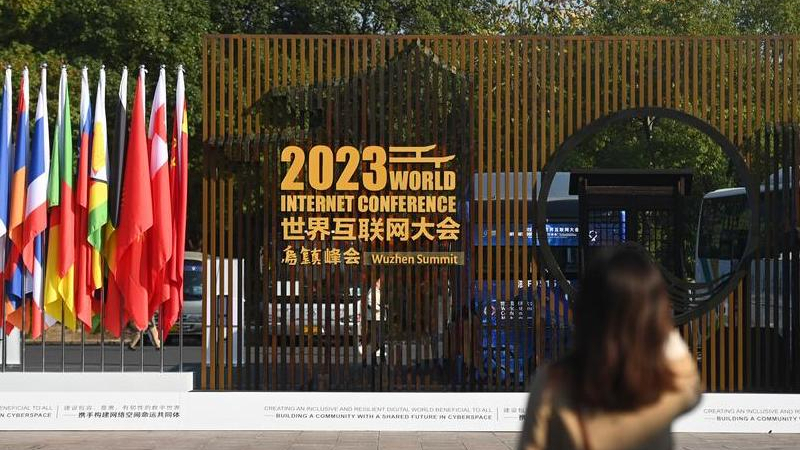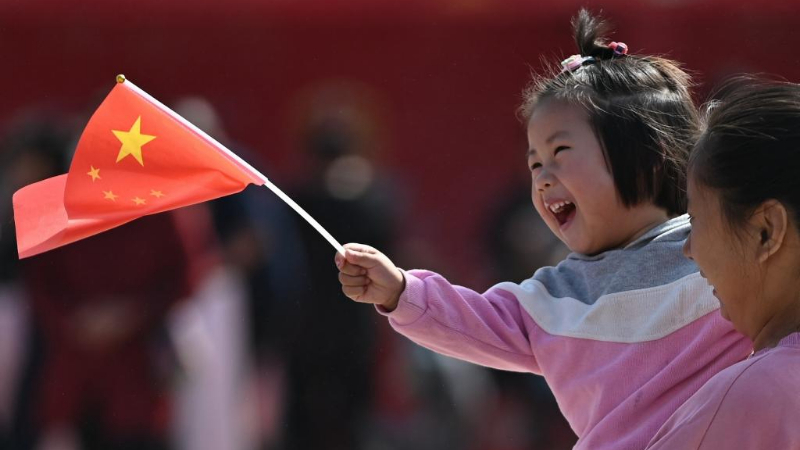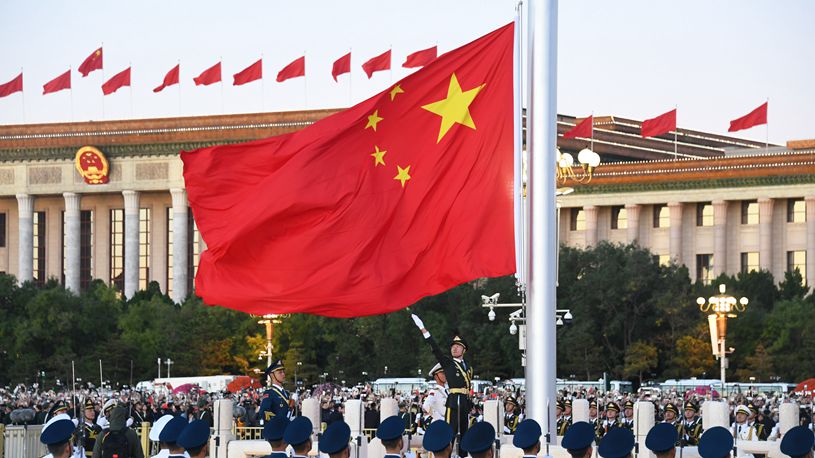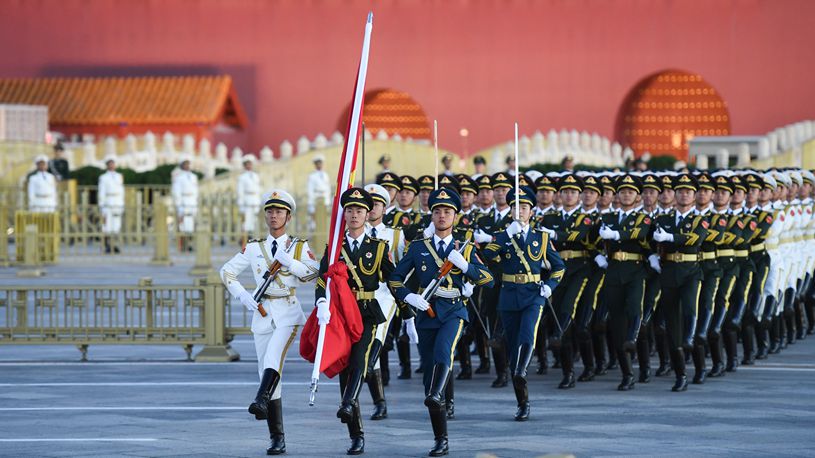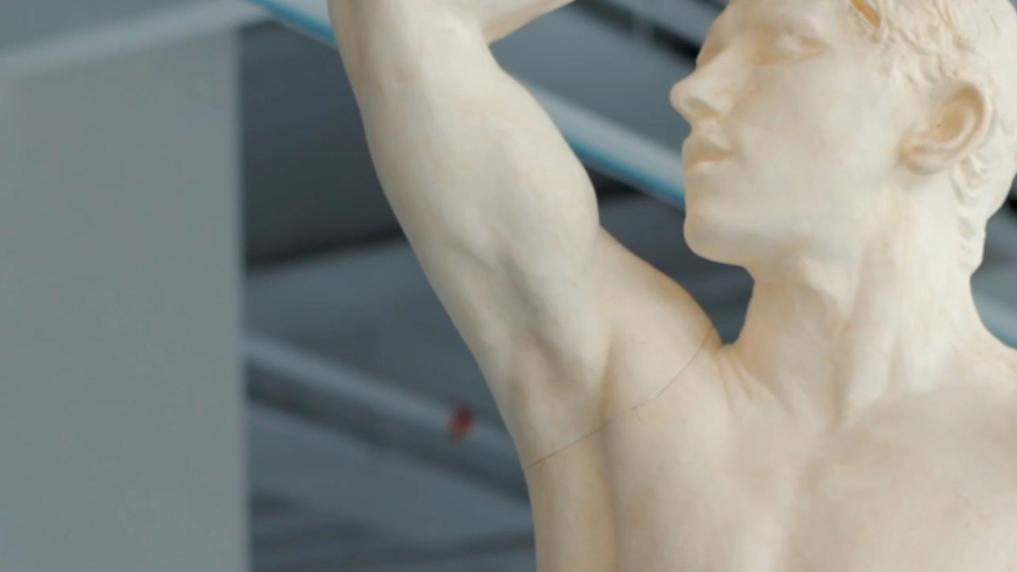HAIKOU, Oct. 2 (Xinhua) -- "I look forward to the strong cooperation between our two countries as we move forward," Hildegard Mueller, president of the German Association of the Automotive Industry, told Xinhua in an interview during the 2024 World New Energy Vehicle Congress (WNEVC).
"China boasts the largest auto market in the world with impressive technological progress," Mueller said, noting that China's electric vehicle (EV) sector is in the lead globally and sets standards in the field.
She said that the global auto industry is undergoing the most profound changes since the advent of the automobile. "Both digitalization and, notably, climate protection pose significant challenges for us."
"In this era, I believe that cooperation effectively drives development. Through cooperation, we can achieve growth, prosperity and technological advancement, benefiting everyone," she stressed.
Mueller sees great potential for collaboration between the Chinese and German markets, as each boasts "significant strengths."
Noting that over the past four decades, German and Chinese industries have proved that collaboration is significant for both sides, she told Xinhua, "I would like to invite the Chinese automotive industry to engage in similar cooperation in Germany."
She said that she encourages the German auto industry to continue pursuing business activities in China, and that she would be pleased to see Chinese enterprises establish factories and create jobs in Germany.
"I firmly believe that the automotive industries of both countries, whether in the fields of passenger vehicles, buses or commercial vehicles, can deliver desirable products that significantly reduce carbon dioxide emissions," she said.
Mueller attributes the success of the German auto industry in part to its strong global vision. "From the outset, it not only targets the German and European markets, but also actively seeks to meet international demands," she said.
The German automotive industry has a global perspective and recognizes the significant opportunities presented by international cooperation, according to Mueller.
"Our main focus now is to avoid the pitfalls of protectionism. Tariffs and subsidies should not dominate the discussion. Instead, we should seek collaborative opportunities," she stressed.
"I would be delighted to see us utilize the common strengths of the automotive industries in both countries to further enhance global cooperation. This would serve as a model, demonstrating that we can address climate protection challenges through globalization, while also balancing growth and development. This is in the interests of both peoples," she said.
With the theme "Low Carbon Evolution and Global Cooperation," the 2024 WNEVC was held in Haikou, the capital of south China's Hainan Province, from Sept. 27 to 29. ■

